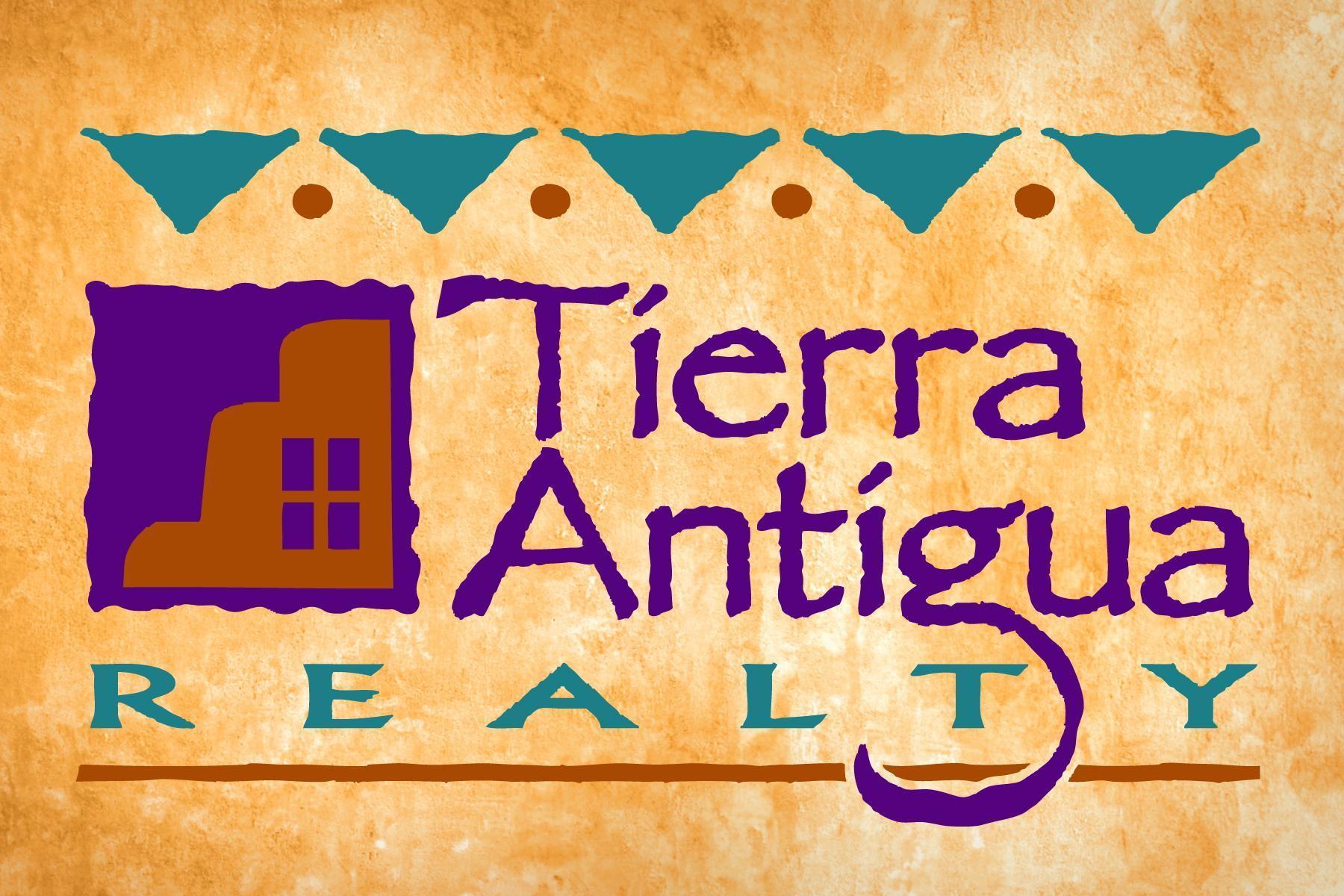How Good Faith Estimates Help Home Buyers
Understand the Good Faith Estimates Provided by Every Mortgage Lender

Mortgage agreements, listings and finances are tough to accurately decipher and it’s fortunate for home buyers that good faith estimates exist. While people receive and utilize good faith estimates on a regular basis, they often underestimate how much more efficient they make the home buyer process.
Additionally, many lenders find themselves with more suitable clientele due to good faith estimates, mainly because they force a cost break down before the train really gets moving.
RESPA
The Real Estate Settlement Procedures Act (RESPA) has been in place since 1974 when it was passed by the United States Congress. The purpose was and still is to prevent kickbacks between lenders and third-party settlement groups.
In simple terms, it’s meant to level the playing field for home buyers and prevent back-of-the-house manipulation during the process. Good faith estimates have evolved, however, and in 2010 they were amended to restrict the amount a cost can increase on an actual agreement. This is a legitimate benefit to buyers.
While the opinions that buyers and lenders have could and most likely do vary greatly across our diverse society, it seems safe to say that good faith estimates make the home buying process more efficient. These are a couple reasons why:
They force buyers to face the costs.
Many buyers are naïve to the point that they think buying real estate is simply a down payment followed by monthly rent allowances to their own cause. While these ideas are part of the overall picture, they’re not the entire thing. One way that good faith estimates make home buying more efficient is by assisting buyers in understanding ballpark expenses that they’ll be required to pay.
Whether a Native American is applying for an HUD 184 loan to buy a property on tribal land, or a recent college graduate is trying to secure their first mortgage, that person wants and needs efficiency. HUD 184 home loans are in place to increase home ownership. At the end of the day, real estate acquisitions are a giant math problem. If a home buyer doesn’t have the monetary stability or adequate knowledge, good faith estimates will make them aware of it.
Bottom line: If a buyer realizes from a good faith estimate that he or she is not equipped to own a home due to poor credit sore or inadequate finances, they can then step back for six or twelve months until they are more suited for the situation. In the end, this would be better for everyone involved.
They provide the buyer with tangible options.
Of course, buyers have always had options when it comes to selecting a mortgage provider. However, without good faith estimates, buyers could not expect to receive an itemized list of expected costs within three business days. This is noteworthy. Most every purchase in life becomes more efficient when the buyer has options. Not only due GFEs provide buyers with choices, but they deliver accurate details of them.
Bottom line: Good faith estimates create healthy competition among lenders and force them to be accountable in their breakdown and disclosure of itemized costs. This is very influential in allowing a buyer to pick the loan agreement that suits their circumstances. Both lenders and buyers know that every situation isn’t for them, and good faith estimates help filter certain options out before they even get started.
Loan agreements are complicated, just as the real estate market is. Good faith estimates are one of the many resources out there for people to lean on throughout the home buying journey. From there, everything will work itself out.
Guest Post by – Tim Richmond, a writer for 1st Tribal Lending
Conclusion
Thank you for visiting www.premiertucsonhomes.com! It’s one of the top real estate websites in Tucson. Our clients tell us that.
Our website provides information on communities and neighborhoods in the greater Tucson area. Want more? Give us a call – 520-940-4541.
We are ready to answer your questions and help you get the information you are looking for.
We are a top Realtor team in Tucson, AZ since 2002. Take a few minutes to read our profiles and client testimonials.
Are we the Tucson Realtors you have been looking for?
Interested in Tucson Homes for Sale OR Retiring in Tucson Arizona? We can help!
Sign UP to receive daily HOME TRACKER UPDATES - OR - Our Monthly NEWSLETTER. And get regular updates on the Real Estate Market and events in Tucson, AZ.
Questions about the Tucson Real Estate Market or Tucson Homes for Sale? Call Us - 520 940 4541 OR complete the - CONTACT FORM - and we will get right back to you!
BACK to the ANSWERING MORTGAGE QUESTIONS page.
